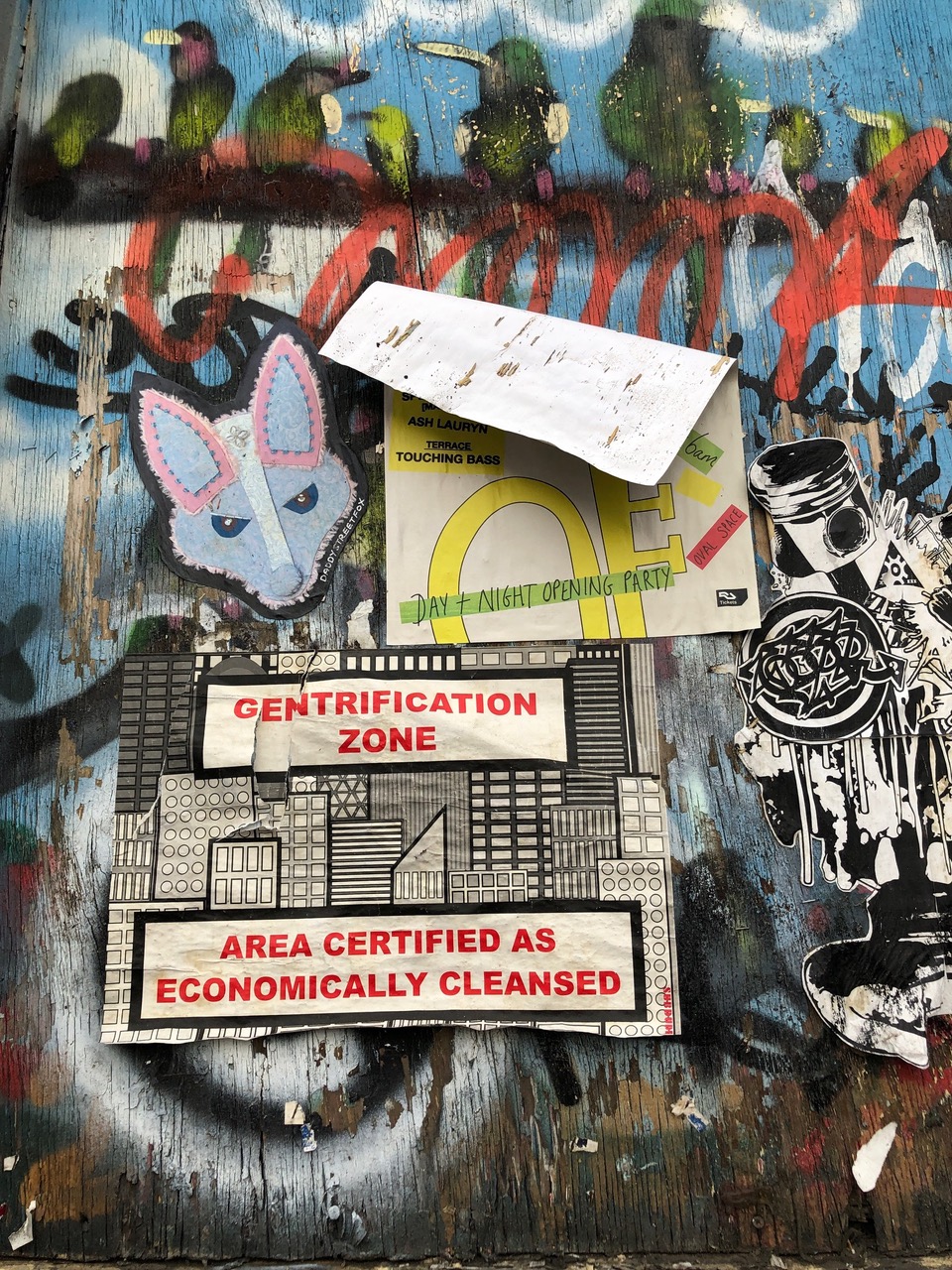Co-convenors: Maja Jovic and Kate Jordan
The AHRA Research Student Symposium 2022 “Voices in Architecture” considers voices in architectural research, posing the critical questions: who speaks and for whom? How do we give voice without assuming authority? How do we listen without judgment? How do we adjust the volume of our own voices?
A key objective of the symposium will be to connect architectural research with wider political concerns around democracy, protest and populism and we are particularly attentive to processes of public engagement and empowerment, social stratification and elitism. The symposium also seeks to investigate diverse modes of production and their social worlds and is interested in submissions that explore vernacular traditions, informal settlements, transient and temporary architectures. The organisers invite contributions that consider human-centred research methodologies both within and beyond the discrete boundaries of architecture, welcoming submissions from disciplines including literary theory, cultural studies, art history, anthropology, geography and planning. In line with this, we welcome paper presentations, as well as non-standard proposals (film, performance, photography, etc.). The research methods explored will include (but not be limited to) oral histories and interviews; ethnography; participative and interactive practices; social media and digital technologies, use of archives and material culture. We will explore the practical and ethical boundaries of such research, giving consideration to questions of privacy and to the politics of identity. We are interested in modes of dialogue: can we find ways of speaking ‘with’ as suggested by Ariella Azoulay in her recent work? Research that offers a platform to voices of otherness is particularly encouraged – the symposium is committed to the objectives of decolonisation in architectural history, theory and praxis, foregrounding narratives of gender, sexuality, race and non-conformity.
The keynote lectures will be delivered by Professor Christine Wall (University of Westminster) and Alexandre Apsan Frediani (International Institute for Environment and Development). To further provide the early career researchers with an insight into ways of ‘using’ their research, besides paper presentations and discussions, the symposium will offer three sets of activities that participants can choose from. These activities will each include a visit to a site, followed by a workshop:
- A visit to a rapidly gentrifying area with a workshop on design charettes, interrogating the need to invite different voices to decision making processes, questioning whose voice is being heard and how is this practice changing;
- A visit to a heritage site with a workshop on public engagement, supporting creative thinking of the ways research can reach the public sphere and benefit from augmenting the voices – both those of the researchers as well as those the research is focusing on;
- A visit to an archive focusing on minority voices, with a workshop on archival research.
All activities will be offered in a blended form and include physical visits with digital counterparts.
Please send your abstracts, if the contribution is in standard paper presentation form, or proposals for other forms of contribution and participation by Monday, February 14th 2022 to VoicesInArchitecture@westminster.ac.uk. Other forms of participation (film, performance, photography, graphic work, etc.) should be discussed in advance with the Organising Chairs.
Abstracts and proposals may be in Word, Notepad or PDF format with the following information:
- author(s)
- affiliation
- e-mail address
- title of proposal
- type of proposal (ie. paper presentation, film, performance, etc.)
- body of proposal (300 words)
- up to 10 keywords
- biography (200 words)













